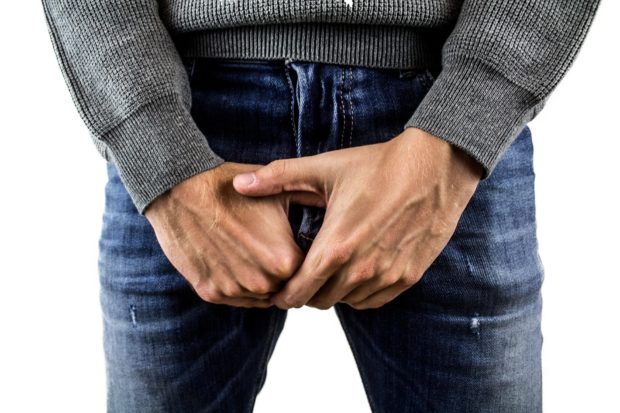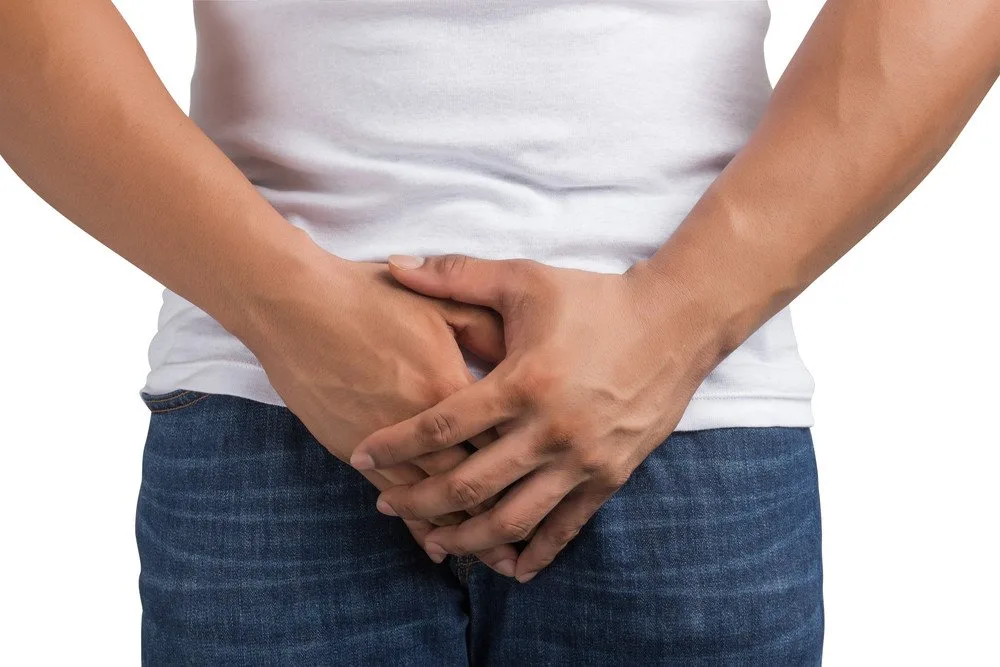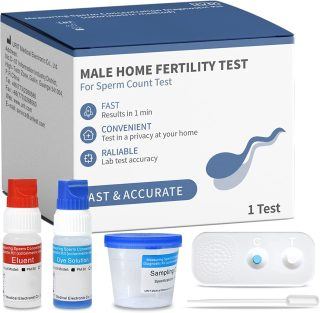Whether underwear can affect male fertility has been studied for years. While it may sound like a locker room myth, even being dubbed a “conspiracy theory” by many, it’s a legitimate concern, with studies showing that the underwear you wear has a direct impact on low sperm count.
What Is Low Sperm Count?
Low Sperm Count, which is also known as oligozoospermia, refers to a measurable amount of sperm in your semen that is lower than the typical numbers. With the average sperm content being about 75 million sperm per milliliter of semen, those impacted by this condition have less than 15 million sperm per milliliter of semen.
While researchers aren’t sure exactly how many people have oligozoospermia, it is a key factor in about one-half of couples with fertility problems, with one-third of couples struggling to conceive a child citing it as the main reason. While there are numerous factors that may impact your sperm count, one is still a widespread conversation, namely, how your underwear can lower your sperm count.
Testicles Are Heat Sensitive
Have you ever wondered why the testicles are found outside the body? Located in the scrotum, these two oval-shaped glands produce and store sperm. In order to do so effectively, they need to be kept at a temperature that is lower than your actual body temperature. Held by the scrotum, this ensures that the glands are kept outside the body, where your own core temperature could pose a risk.
The testicles are so sensitive to heat that research has even found that changes in room temperature can impact sperm movement. Moving them closer to the body results in a temperature change – which is exactly what happens when you throw on a tight pair of underwear.
 Study Findings On The Impact on Sperm Quality
Study Findings On The Impact on Sperm Quality
Conducted on 50 men at Liebig University in Germany, a study was conducted to show a link between tight-fitting underwear and lower sperm concentration. The results indicated that high scrotal temperatures (near body core temperature) had negatively affected spermatogenesis (the development of mature sperm cells). It found that regardless of activity level, those wearing tight briefs experienced significantly higher scrotal temperatures compared to lower scrotal temperatures in those with no undergarments.
According to another study published in the journal Human Reproduction, men who wear boxers tend to have higher sperm counts and better sperm quality compared to those who wear tight underwear. In this study, 53% of men who reported wearing boxers had about 25% higher sperm concentrations, 17% higher total sperm counts and 33% higher sperm motility than those who opted for tight underwear.
Study co-author Jorge Chavarro says that although “the differences in temperature are not huge… even small differences in temperature can have an enormous impact on sperm production.”
Other Possible Factors Affecting Sperm Count
- Hormone Imbalance: This accounts for about 10% of all male infertility cases. The hypothalamus, pituitary gland, and testicles produce hormones that are necessary for creating sperm. Alterations in these hormones can impair sperm production.
- Certain medications: Joshua M. Hurwitz, M.D., says “most of the medications that affect sperm will decrease production, causing a low sperm count… (and affecting) the way sperm functions.” Medications that have been shown to potentially reduce male fertility include long-term anabolic steroid use, cancer medications, some antibiotics, and even some antidepressants.
- Excessive Alcohol Consumption: According to the National Institute of Health, alcohol affects fertility by altering sperm count, size, shape, and mobility. By lowering testosterone levels, follicle-stimulating hormones, luteinizing hormones, and even shrinking the testes, alcohol consumption is quite harmful to male fertility.
- Smoking: European Urology published a meta-analysis on the effect of smoking on semen health. Analyzing 20 studies with just over 5000 men found that smoking was associated with decreased sperm count, mobility, and shape. Studies have also found that the sperm of smokers has increased DNA fragmentation. DNA-damaged sperm may lead to problems with fertilization, embryo development, embryo implantation, and increased miscarriage rates.
The Importance of Semen Analysis
Also known as a sperm count test, semen analysis looks at the health and viability of a man’s sperm. While you can opt for this simply to know just how healthy your sperm is, men who fall under the two following groups are encouraged to undergo this:
- Male Infertility: If a couple is experiencing difficulties conceiving, it may be due to issues with the man’s sperm, so it is essential to perform this test to be aware.
- Vasectomy Follow-up: Used to determine whether a vasectomy was successful, the sperm count test helps ensure that there is no sperm in the semen, ensuring that a man cannot get his partner pregnant.
This is a pretty extensive test, looking at various aspects of your semen, namely:
- pH Levels: Used to determine if your semen is too acidic, which can affect sperm health.
- Semen volume: Measures the amount of semen in the sample
- Sperm Morphology: Determines the size and shape of sperm
- Sperm Motility: Determines the ability of the sperm to swim toward the egg
- Vitality: Determines the percentage of live sperm in the sample
If you don’t feel comfortable doing this at a clinic, you can perform an at-home semen analysis using a home kit. Below is an example:
MIORIT Fertility Home Test Kit for Men
Prioritizing Your Semen Health
According to the Human Reproduction Update journal, over the past 50 years, the average human sperm concentrations have dropped by 51.6%, with total sperm count dropping by 62.3%. Pesticides, herbicides, heavy metals, and air pollution are all tied to abnormal sperm count.
While these factors aren’t controllable, we can certainly work on what we have control over, including poor lifestyle choices, and those tighty-whities. From cutting off alcohol and cigarettes to being cautious about the medication we take, we need to be more intentional about the health of our semen.
References
-
Abdelhamid, M.H.M., Esquerre-Lamare, C., Walschaerts, M., Ahmad, G., Mieusset, R., Hamdi, S. and Bujan, L., 2019. Experimental mild increase in testicular temperature has drastic, but reversible, effect on sperm aneuploidy in men: a pilot study. Reproductive biology, 19(2), pp.189-194.
-
Zumstein, V., Vetterlein, M.W., Hoffer, A.P., Schmid, H.P., Engeler, D. and Betschart, P., 2021. Stay cool! Special underwear for cyclic cooling significantly decreases scrotal skin temperature. Central European Journal of Urology, 74(3), p.468.




![women [longevity live]](https://longevitylive.com/wp-content/uploads/2020/01/photo-of-women-walking-down-the-street-1116984-100x100.jpg)










